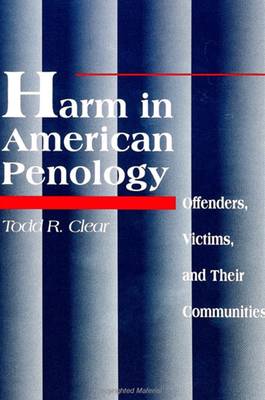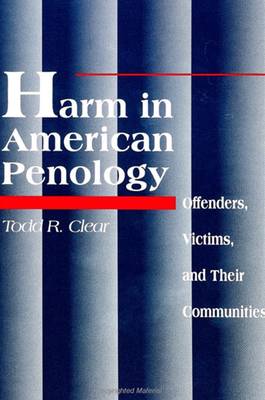
- Afhalen na 1 uur in een winkel met voorraad
- Gratis thuislevering in België vanaf € 30
- Ruim aanbod met 7 miljoen producten
- Afhalen na 1 uur in een winkel met voorraad
- Gratis thuislevering in België vanaf € 30
- Ruim aanbod met 7 miljoen producten
Omschrijving
This book analyzes the sources and results of the fourfold increase in the U.S. correctional population since 1970. It considers the following themes: the value of punitiveness, defined as penal harm; research on crime and criminals; concerns about victims of crime; and concerns about community safety. It also analyzes the relationship between social problems and penal harm, such as poverty and crime during the twenty-year period of correctional expansion.
The author argues that a careful review of proposals for expanded penal harm cannot be justified. The growth in corrections was not caused by crime nor has it reduced crime. Clear describes a new strategy for corrections based on his examination of the politics of social control and the growth in penal harm.
Specificaties
Betrokkenen
- Auteur(s):
- Uitgeverij:
Inhoud
- Aantal bladzijden:
- 258
- Taal:
- Engels
- Reeks:
Eigenschappen
- Productcode (EAN):
- 9780791421741
- Verschijningsdatum:
- 15/12/1994
- Uitvoering:
- Paperback
- Formaat:
- Trade paperback (VS)
- Afmetingen:
- 150 mm x 227 mm
- Gewicht:
- 344 g

Alleen bij Standaard Boekhandel
Beoordelingen
We publiceren alleen reviews die voldoen aan de voorwaarden voor reviews. Bekijk onze voorwaarden voor reviews.











